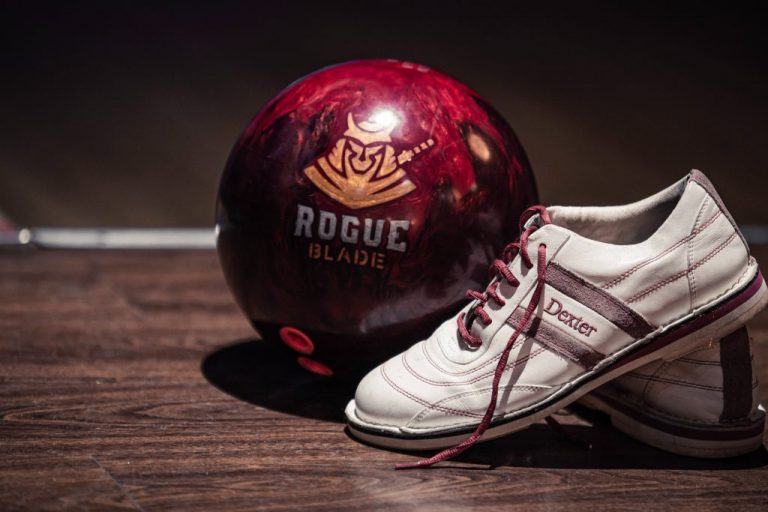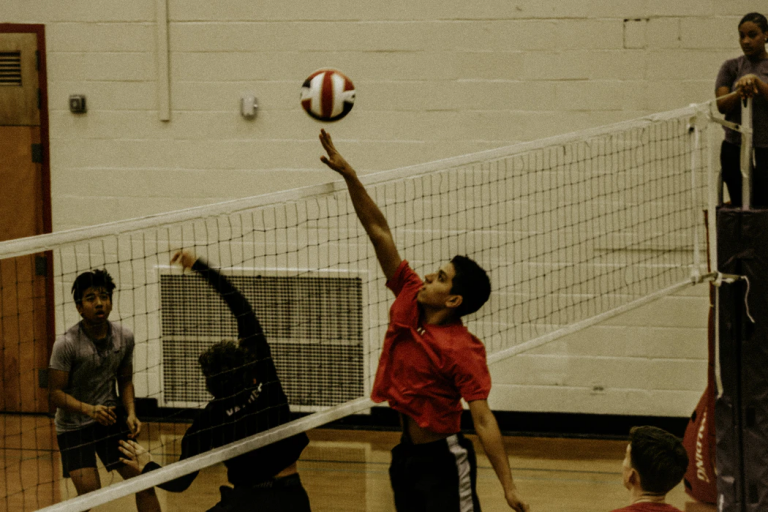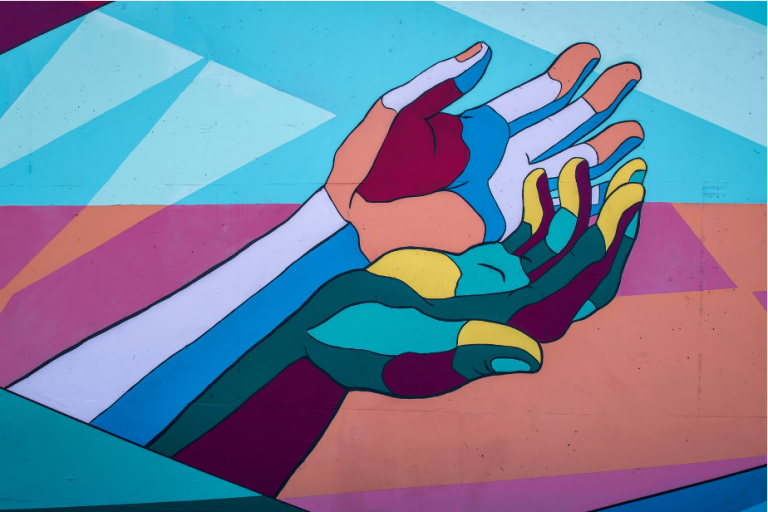A Call to the Private Sector
Can rowing positively affect at-risk communities?
The topic of outreach rowing has been much discussed the last few years, generating articles and opinions nation wide. It is my belief that rowing provides obvious, and not so obvious, benefits to participants and I also strongly believe that any movement to push these benefits along need to happen at the grass roots level. Spurned by the recent articles on Row New York and editorials by Mr. Robert Kidd, I call former rowers in the Private and Public sector to address this issue and put to use their varying talents for empowerment and change. As this section of society is vastly different from the backgrounds of many alumni, myself included, I sought to focus my efforts to better define what is needed in these communities.
No one supports ill-prepared programs and movements without an embraceable vision. Understanding this, I started a web-based survey that aimed to elicit the responses of the rowing community on the topic of at-risk youth rowing[i]. In this non-scientific pilot study, a consistent response on how best to proceed in this arena was revealed. I submit these results to the US Rowing community to advance discussion and provide an avenue for those wishing to make an impact.
Results from the survey (www.rowingsurvey.com[ii]) indicated 85% of respondents would support Public School initiatives and Boathouse Centers as the best way to promote rowing among this community. 43% of respondents considered lack of knowledge of the sport to be a fundamental handicap, compounded by lack of convenient locations (30%), lack of support from businesses/politicians (11%) and general lack of leadership and public transportation making up the remaining 16%; opinions endorsed by Ms. A. DeFrantz[iii], Ms. F. Pizor[iv], Mr. A. Abdullah[v], and Mr. C. Smith[vi]
Rowing is unique as a sport in that worldwide 74% of the athletes acquire a university degree and 64% have a post graduate degree. There is something about the sport and necessity to plan a day’s work and the commitment to the other members of the team that helps students to succeed in school.
Ms. Anita DeFrantz highlighted the need for a program that “must be sustainable so that a tradition of participation is set. Season, after season, kids need to know that the opportunity to row will be made available.” Ms. Faith Pizor stated “Provide youth rowing centers/boathouses where kids can feel comfortable around like-minded rowers. Provide transportation and tutoring to those youngsters who would like to row but need help. Make rowing affordable. Invite the business community to invest in rowing and encourage young rowers to stay with the sport and continue rowing in college. Teach family members and community mentors the basics of rowing so that they can share the sport with their young rowers.” Mr. Aquil Abdullah and Colin Smith; as well as countless others, share the same belief, that organizational setting is a very important corner stone for success.
The understanding of a “foreign” sport seemed not to be overly important. When polling current community outreach rowing centers, 25% said that time management with school and personal life (of the athletes) was the biggest issue hindering their success, followed by school support (15%), and building excitement with a new and different sport (9%). These numbers back up Ms. DeFrantz’s statement that if presented with this option youngsters will be interested and schools will support programs. She states; “Every youngster can benefit from the discipline, cooperation and commitment that participation in rowing requires. Rowing is unique as a sport in that worldwide 74% of the athletes acquire a university degree and 64% have a post graduate degree. There is something about the sport and necessity to plan a day’s work and the commitment to the other members of the team that helps students to succeed in school. It is also a trait of the people who are rowers that we become involved in work or volunteer activities to support the communities in which we exist.”
As rowers, we all know and understand the benefits of this sport and its networking possibilities. Mr. Colin Smith and Mr. Aquil Abdullah so well illustrated here “I am the second of four children,” writes Mr. Smith, “and a part of a relatively disjointed family. My mother died when I was four years old, and my father raised us with the help of our grandparents; that is, my mother’s parents, as my father was an orphan. As a teenager, I rebelled against my father’s strictness and the institutional constraints of my black-majority government school. Despite being very successful at many different sports at school, it was not until I began rowing that I began to understand and appreciate the real world. My life now is so different from what it was six years ago when I moved to Britain. I have a huge amount of respect for the way my father raised us, and for the way in which my school gave me a range of life skills that no book can teach you. My success so far is due largely to the continual support of Ray Ward and so many other friends and benefactors. With this help, I have been able to realize my rowing potential, as well as gain a fine education and a platform to do almost anything I want in the world. This would not have been possible without enormous generosity and belief.”
Quoting from Mr. Abdullah; “Growing up, sport played an important role in my life, whether, it was chasing my father up a hill or boxing with my cousin in his basement, I have always enjoyed competition, but it was not until I started to row that I understood that competition was not about beating my opponent, but about going to the limits of my capabilities and then going beyond the limits of capabilities. I had to overcome my teenage machismo and realize that sport did not define my Blackness, my Maleness, or my Humanness, but my actions defined my Blackness, my Maleness, and my Humanness. This clarity of vision at the age of seventeen helped me to come to terms with many of the insecurities that I felt about “fitting in” and allowed me to pursue the spot of rowing with enthusiasm and an open mind. Rowing is a sport that requires great discipline, it is a sport that requires dedication and hard work, it is a sport for which there is no reward except for the feeling of accomplishment that you feel when you have done something you never thought possible. Rowing has taken me all over the world, been the vehicle for me to receive a top-notch education, and allowed me to meet people and participate in activities that I never even knew existed. Rowing allowed me to see beyond the stereotypes that pervade our society and possibly change the perception of what is means to be an African-American man. This will not be the experience of every minority that decides to pick up an oar, but it will no doubt be the experience of some.”
I had to overcome my teenage machismo and realize that sport did not define my Blackness, my Maleness, or my Humanness, but my actions defined my Blackness, my Maleness, and my Humanness. This clarity of vision at the age of seventeen helped me to come to terms with many of the insecurities that I felt about “fitting in” and allowed me to pursue the spot of rowing with enthusiasm and an open mind.
The aim of this pilot study was three-fold; to uncover the main issues surrounding this topic, to facilitate further discussion in the rowing community, and to provide an outlet for those individuals that would like to get involved. There is much to be dealt with, before rowing becomes a sport attractive to the uninformed, issues such as – swimming proficiency, race relations, economic disparity of teammates, and the elusive ‘coolness’ factor, are have to be thoughtfully addresses. Using a yahoo group as a center for discussion (http://groups.yahoo.com/group/Rowing_Outreach)I offer its use to spread ideas and bring people in touch with one another. The support of the rowing community, in the form of both organizations and individuals, can positively affect this focus group. These opportunities require a powerful call for advocacy and present a great opportunity for individual empowerment, a chance to give back to a sport that has provided many with great life experiences.
Epilogue
As a result of the work done for this story the Chicago Training Center was formed and launched in 2006 with the first teens joining in 2007. Over the 11 years I ran the organization we helped over 300 alumni row competitively through their high school graduation, helped many secure prestigious scholarships, and ultimately land an anchor tenet spot at a brand new city funded boathouse. Through those years we were shown in articles in local newspapers, the NYTimes, and CBS Nightly News – ultimately being awarded the Anita DeFrantz award at the USRowing annual awards banquet. The best part – alumni are now coaches….
About Spotivity
Be #neverbored again by using the spotivity app and find activities that fit your needs. We help you find programing that can lead to your passion. Whether that is an art program to practice graffiti, a sports program to engage in competition, an education support class to improve your grades, or just finding someone to talk to – spotivity has your back. Backed by research and continually informed by users, spotivity is the tool to help you unlock your world and expand the list of options you can take advantage of.
Montana Butsch.[vii]
[i] At-Risk Youth: Children that are unable to take advantage of programs or opportunities for reasons beyond their control. For example, broken homes, economic hardship, attending failing schools, below average grades, and physical and/or learning deficiencies.
[ii] www.rowingsurvey.com Personal rowing-based survey site. Continually updated to illuminate rowing related topics and viewpoints.
[iii] Anita DeFrantz: A member of the rowing squad at Connecticut College ’74, Ms. DeFrantz competed in the 1976 and 1980 U.S. Olympic rowing teams (Bronze 8+ in 1976). She also won silver in the 1978 World Championships and holder of six National Championships. Current member and former vice president of the International Olympic Committee (IOC), president of the Amateur Athletic Foundation of Los Angeles, and college trustee emeritus, she has been named one of the “NCAA’s 100 Most Influential Student-Athletes.”
[iv] Faith Pizor: Founder of the Wilmington Youth Rowing Association and Power 10 member. WYRA has a 10-year history of community based rowing. Ms. Pizor has overseen the creation of countless programs, most notably Row New York and G-Row Boston.
[v] Aquil Abdullah: The first African-American man to represent the United States at the Olympic Games in the sport of Rowing, first African American Diamond Challenge winner at the Royal Henley Regatta, and member of the first men’s double to the finals of the Olympics since 1984.
[vi] Colin Smith: Zimbabwean raised white Afrikaner and current member of Oxford University Blue Boat and British Senior Squad. Finished 12th in most recent World Championships in Gifu, Japan
[vii] Montana Butsch: Former Oxford University Rower (ISIS 2004) and national team trailist. Life long Chicagoan and current community outreach organizer







